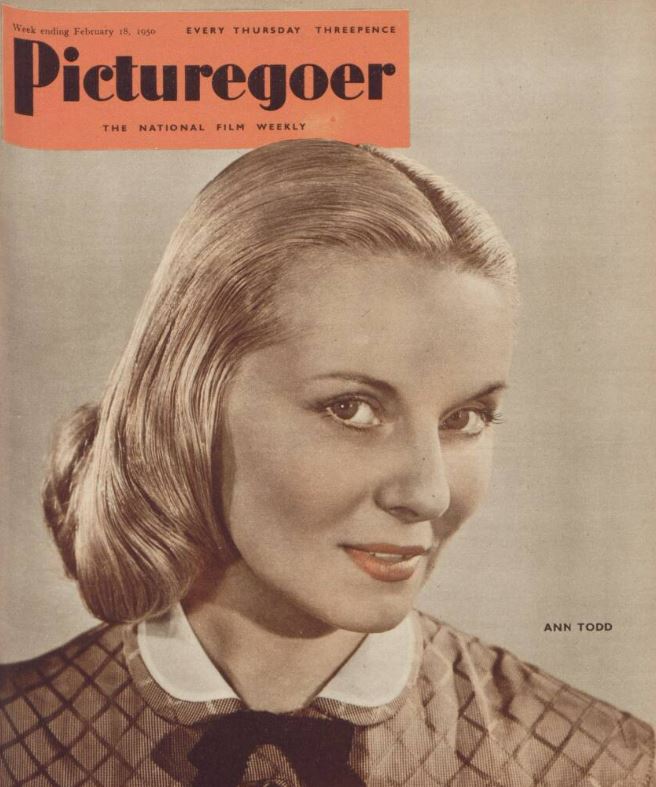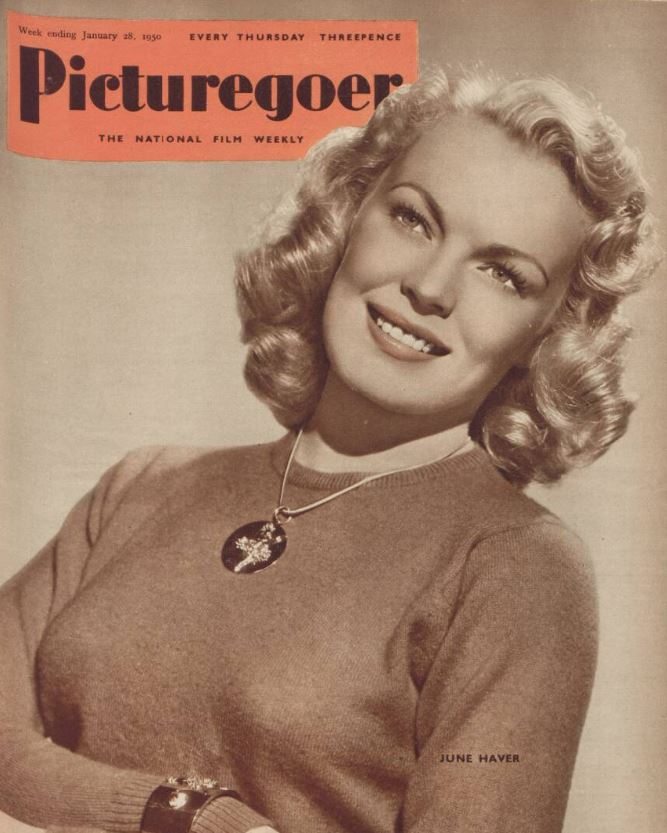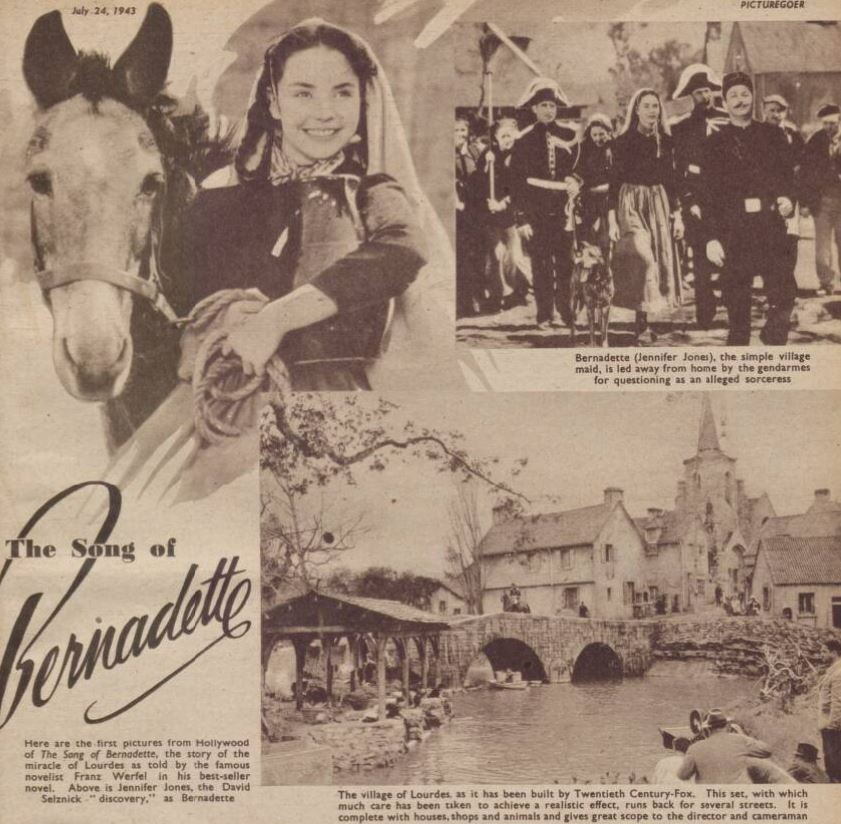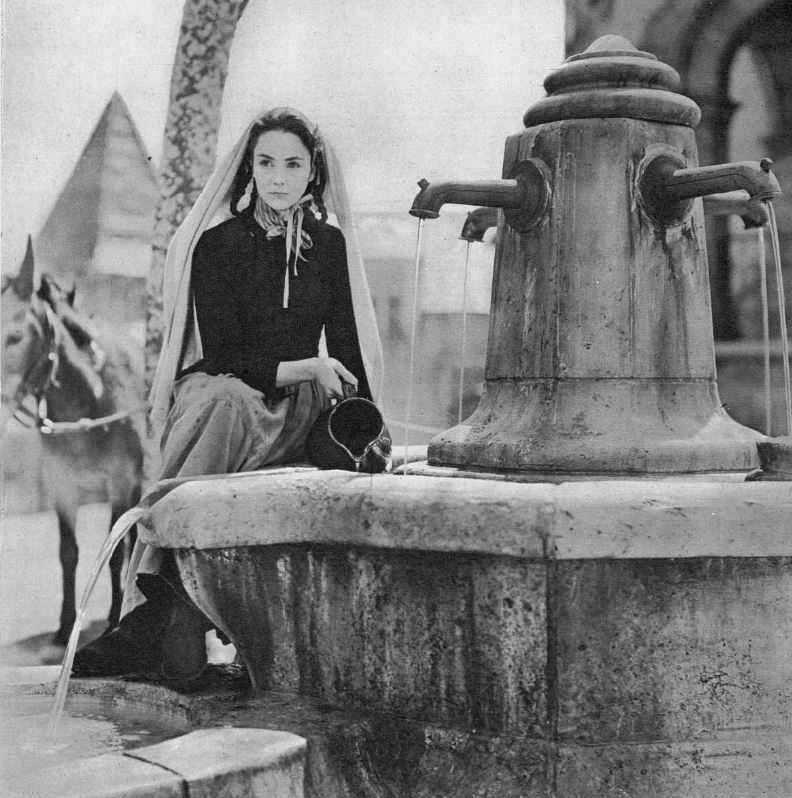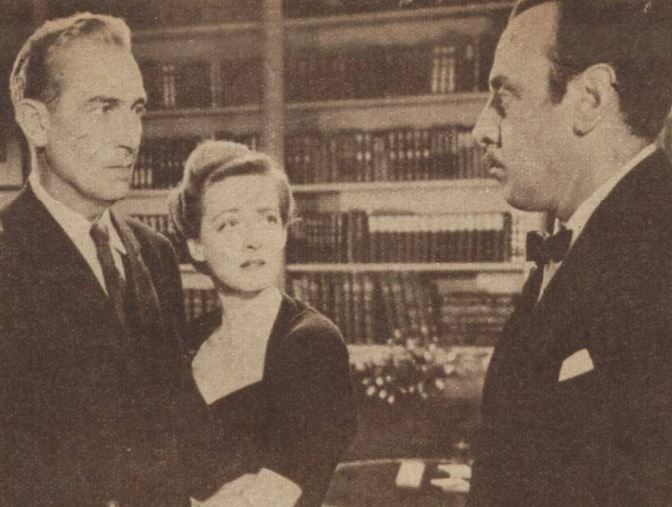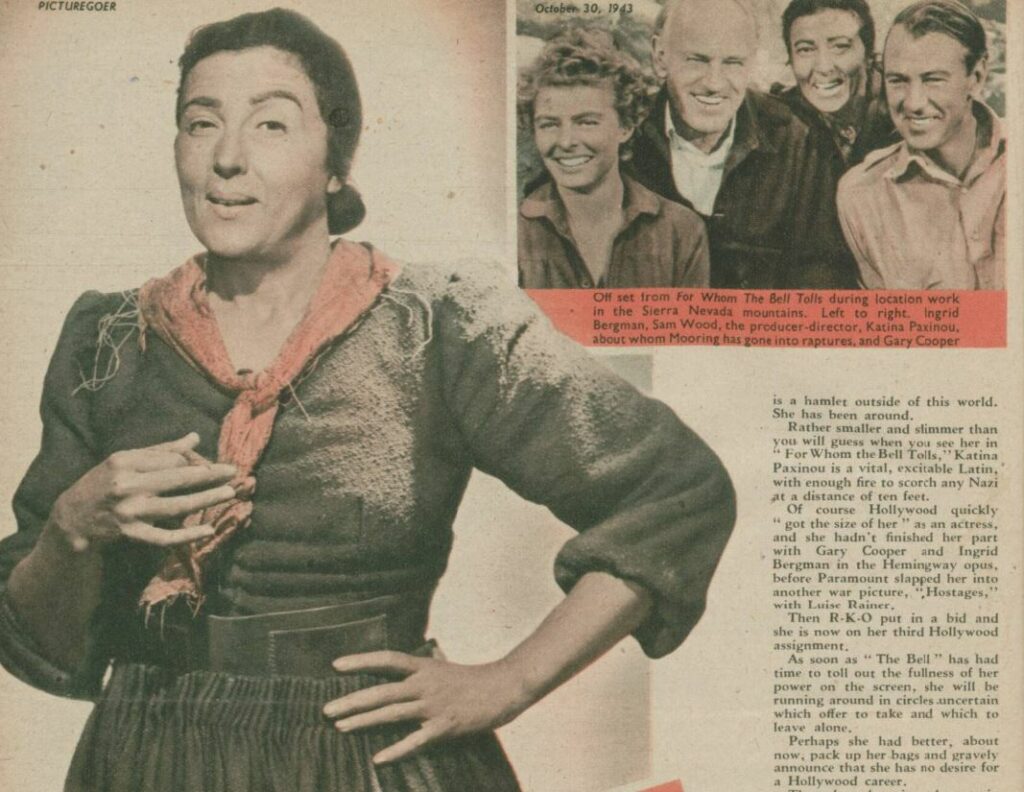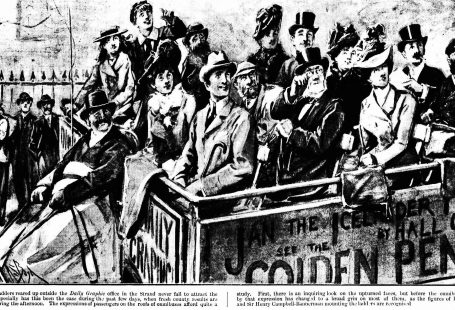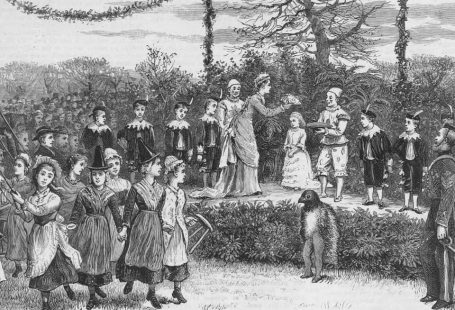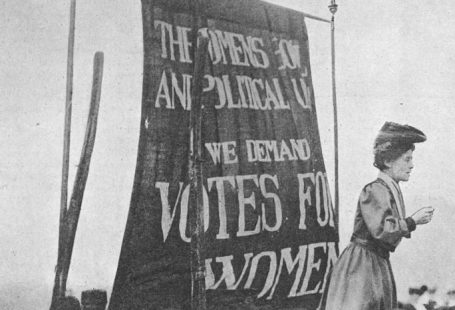This week at The Archive we have been busy going to the pictures, with thousands more pages added to our film fan magazine the Picturegoer. Meanwhile, we’ve also added more pages to historic Birmingham title the Birmingham Mail, as we’ve added 9,706 brand new pages in total to our collection over the past seven days.
So read on to discover more about our two updated titles of the week, and also to learn all about the first ever Golden Globes awards ceremony, which was held on 20th January 1944 at the 20th Century Fox studios in Los Angeles, and the winners of the first Golden Globes for acting.
Register now and explore the Archive
We’ve added more pages to our wonderful film fan magazine the Picturegoer this week, with pages joining us from the years 1915 to 1918, 1923 to 1925, and 1950. The Picturegoer began life as The Pictures in 1911, before becoming in 1914 The Pictures and The Picturegoer. It was in January 1921 that the title became simply the Picturegoer, which it was known as until the publication of its final edition in 1960.
Initially a monthly publication, the Picturegoer was devoted to the biggest stars of cinema, featuring lavish portraits of the stars of the silver screen, as well as interviews with and biographies of the feted film celebrities of the day. It peeked behind the camera too, often offering behind the scenes glimpses of film sets, of directors and movie stars working together.
Testament to the success of Picturegoer, in 1931 the title switched to a weekly publication schedule. It continued to feature interviews and photographic portraits, as well as correspondence from film fans, notes from Hollywood, and the stories behind the biggest films of the day.
By the 1940s, the Picturegoer was at the height of its popularity, as cinema-going peaked in the United Kingdom, with over one thousand million cinema visits recorded in the year 1948 alone. The Picturegoer had an impressive weekly circulation of 325,000 copies, and was stocked by most cinemas. However, as the 1950s came along, different cinema companies began to produce their own magazines, and the success of the ‘National Film Weekly’ began to wane.
As a nod to the growing success of pop music, throughout the 1950s the Picturegoer began to include more features on music, and in 1960 it was merged with Disc Date.
Meanwhile, we’ve added the year 1998 to the Birmingham Mail, a daily newspaper that traces its origins all the way back to 1870 as the Birmingham Daily Mail. Established as a Liberal newspaper, and costing just one halfpenny, the Birmingham Mail circulated in ‘Birmingham and the immediate neighbourhood.’
In 1963 the newspaper merged with the Birmingham Evening Despatch to become the Birmingham Evening Mail and Despatch, then being known as the Birmingham Evening Mail from 1967 to 2005. It continues to be published today as simply the Birmingham Mail, with its sister paper the Sunday Mercury being published every Sunday.
As of December 2018, the newspaper had a daily circulation of over 8,500 copies. It is sold in Birmingham, but is also circulated in the Black Country, Solihull, and parts of Warwickshire, Worcestershire, and Staffordshire.
The First Golden Globe Winners
On 20th January 1944 the first Golden Globe awards were held in Los Angeles, The Song of Bernadette scooping the first ever Best Picture prize, and its lead, Jennifer Jones (1919-2009), winning the award for Best Actress in a Leading Role. Our dedicated film title the Picturegoer featured extensive commentary on that year’s winners, for Best Actor and Best Actress, as well as for the Best Performance by an Actor and Actress in a Supporting Role.
So what did the Picturegoer have to say about inaugural Best Actress winner Jennifer Jones, and her performance in biographical drama The Song of Bernadette, which told the story of Bernadette Soubirous who reportedly experienced multiple sightings of the Virgin Mary in the French town of Lourdes? Indeed, in January 1944 the Picturegoer included her within its ‘Ten Best Star Prospects for 1944,’ the publication describing how:
Among the girls, Jennifer Jones is outstanding as a candidate for big success and world fame in 1944. Her debut as Bernadette Soubirous in Franz Werfel’s best-selling novel, ‘The Song of Bernadette,’ marks her as a great actress. Her features are natural, her style graceful and convincing. She is not a glamour girl, but an actress who may very easily rise suddenly to take her place beside such established stars as Bette Davis and Teresa Wright.
In February 1944, after Jones’s win at the Golden Globes, W.H. Mooring for the Picturegoer wrote how The Song of Bernadette was certain to ‘run away with the next Academy Award,’ with its star Jennifer Jones certain of gaining such ‘world-wide acclaim and sudden fame as has not for many years overtaken any screen actress through her first screen performance.’ Whilst the film lost out on the Academy Award for Outstanding Motion Picture, that honour going to Casablanca, Jennifer Jones did win the Academy Award for Best Actress.
Now onto the first winner of the Best Actor award at the Golden Globes, with this accolade falling to Hungarian actor Paul Lukas (1894-1971) for his performance in Watch on the Rhine. In October 1943 the Picturegoer reviewed the film, describing how:
This picturisation of the stage play is a very talkative affair. It has little action, but relies mainly on the acting of Paul Lukas who scores a personal triumph. He is cast as an anti-Nazi German with an American wife of a wealthy family who works for the underground movement. He escapes to America to live with his in-laws, is spotted by the Gestapo agents and blackmailed by an ex-Rumanian diplomat when it is discovered he intends to go back to Germany to try and rescue a friend.
Some months later, in April 1944, the Picturegoer commented on Paul Lukas’s difficult journey to such recognition, as his Golden Globe win was followed by the winning of the Academy Award for Best Actor in March 1944. Lukas had moved from Hungary to Hollywood in 1927, already a movie star, appearing in ‘many successes,’ and looking ‘set for character work and second leads forever.’
But all was not to be plain sailing for the Hungarian actor, as his film career began to decline in the 1930s. However, Lukas tried a different tack, travelling to New York to go on the stage instead. He was offered the lead in Watch on the Rhine, which proved to be ‘a hit,’ and winning ‘him all sorts of critical awards for ‘best actor.’
As for the first recipients of the Best Supporting Actor and Actress accololades, they were awarded to Akim Tamiroff (1899-1972) and Katina Paxinou (1900-1973), who both appeared in the film adaptation of the Ernest Hemingway novel For Whom The Bell Tolls. Tamiroff was an Armenian-American actor, whilst Paxinou was Greek, having travelled to Hollywood from her native country on the outbreak of the Second World War.
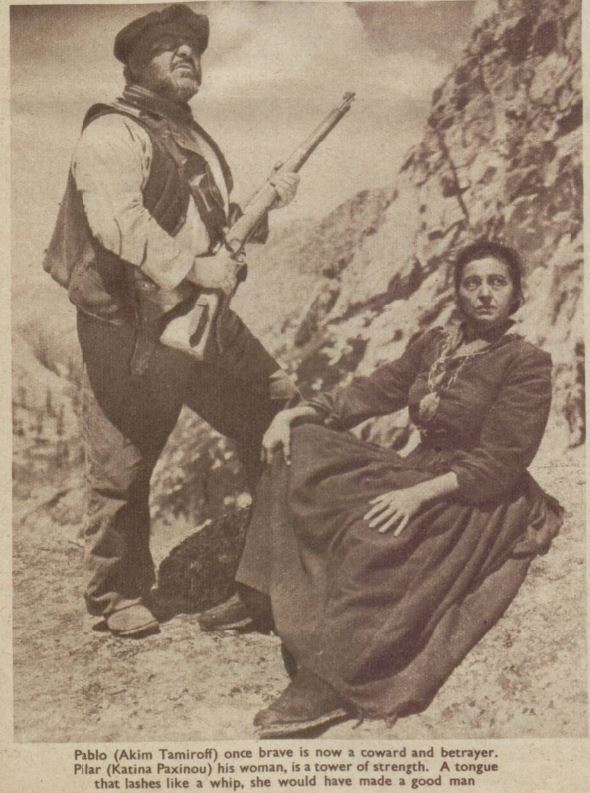
On 22 July 1944 the Picturegoer published its review of For Whom The Bell Tolls, writing how:
There is a lot in this adaptation of Hemingway’s story, which I do not particularly like, but taken as entertainment without being too critical, I found it quite first class. My main objection is that it struck me as being not too convincing, and at times very theatrical. I did not believe too firmly in the tactics of the guerrillas in Spain.
A highlight of the film, at least in the reviewer’s mind, were the performances of Tamiroff and Paxinou:
Acting honours, however, go to a Greek stage actress, Katina Paxinou, for her fine study of a tough patriot who controls the guerrillas’ activities. Akin Tamiroff is good as a drink-sodden leader who nearly betrays his party’s plans.
Both actors would be nominated at the Academy Awards for their supporting roles; Paxinou being successful, but Tamiroff losing out to Charles Coburn (1877-1961) for his performance in The More The Merrier.
What stories and reviews can you uncover in the Picturegoer? Let us know by Tweeting us at @BNArchive.
Updated Titles
This week we have updated two of our existing titles.
You can learn more about each of the titles we add to every week by clicking on their names. On each paper’s title page, you can read a FREE sample issue, learn more about our current holdings, and our plans for digitisation.
| Title | Years Added |
| Picturegoer | 1915-1918, 1923-1925, 1950 |
| Birmingham Mail | 1998 |
You can keep up to date with all the latest additions by visiting the recently added page. You can even look ahead to see what we’re going to add tomorrow.


